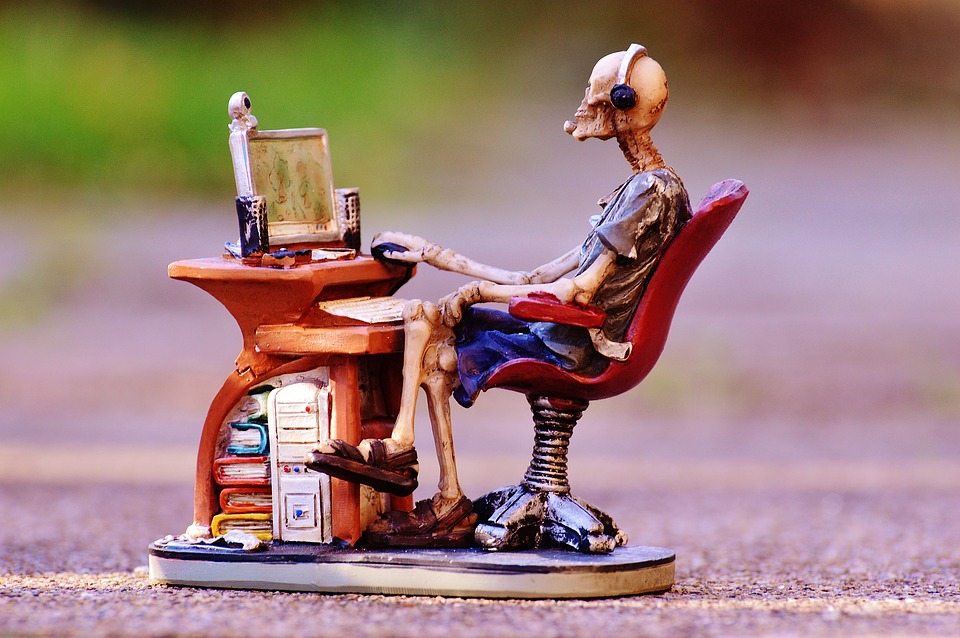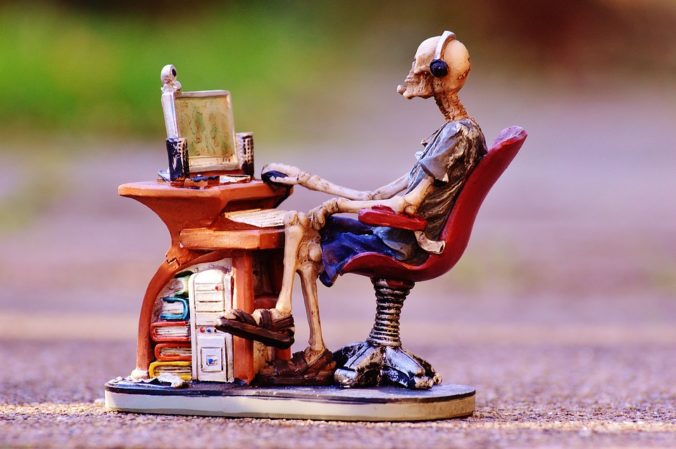 I’ve just finished listening to Russell Brand’s new book, Recovery: Freedom From Our Addictions, and it’s got me thinking.
I’ve just finished listening to Russell Brand’s new book, Recovery: Freedom From Our Addictions, and it’s got me thinking.
Russell is a very astute social commentator as well as a quite eccentric comedian, and his take on the influences on our society is quite profound.
What struck me as I listened to his book was the extent to which our culture is a breeding ground for addiction.
Russell Brand would know. He self-defines as a drug addict, alcoholic, sex addict and as having various other addictions that pretty much wrecked his life. Drugs were his main form of addictive behaviour and he is now 14 years clean.
In his book, Brand talks a lot about how we live in a society that bombards us daily with the message that we can be happy filling our lives with externals, whether they be the more obvious addictions like the ones Brand has struggled with, or the more subtle and acceptable ones like consumerism and the obsession of fitting as many experiences into our lives as possible.
In truth, we all have addictive patterns of thinking and behaviour. We all use externals to fill our lives with things designed to make us feel better. Franciscan priest, Richard Rohr calls these our programs for happiness.
The culture we are a product of (pun partially intended!), built as it is on a foundation of endless consumption as well as on the cult of individualism, is perfectly set up to produce addiction. The propaganda has worked. We are convinced that the more choice we have, the freer we are, because we can choose whatever we want. We can choose what type of products to buy, we can choose what woman or man to date. The choices we have are endless, and they have been exacerbated over the last twenty years with the explosion of the internet.
What our plethora of choices does though is induce anxiety in us. The more freedom we we have, the more we are enslaved. Whatever we have, we always want something else. The more choice we have, the more we believe there will always be something better that we could have chosen instead. So we fear missing out on the best and we are forever dissatisfied with life. If only I had that job, if only I had that partner who did this, if only I had more money, my life would be fine. That is the essence of advertising and the advertisers know it. They deliberately create a perpetual feeling of emptiness in us so that we are continually dissatisfied and are therefore ripe for the picking to buy their latest product to replace what we have. And it’s all in the name of progress as a society. If you doubt that, see what sort of reaction you get if you publicly dare question the concept of economic growth.
Whenever we believe that something tangible, from outside of us, will fill the void within, we eventually become addicted. Whenever we are promised that a product, a person or a job will make us happy, we are on the road to it controlling us, and losing control of our own lives. When we try to solve what is ultimately a spiritual problem with a material solution, it will never work. Never.
The Guardian recently published a long article about some tech leaders from Silicon Valley who are actually disconnecting themselves from the internet because they are seeing that technology is taking control of our minds. These are tech leaders from the global hub of technology.
I can relate. I recently deleted a particular game from my smartphone because I realised I had become addicted to it. I would unthinkingly play the game any time I had a few minutes. I would sometimes play it at night – trance-like- until the late hours and then feel tired the next day. It’s the same with Facebook. Whenever a notification comes up on my phone, I feel the pull to check it there and then instead of waiting for a more suitable time. It has control of me.
I remember being in Mozambique a couple of years ago and not having much choice in what to do there. I didn’t really miss the lack of choice. We were forced to eat the same food every day, we didn’t have hot water, and the power would go off intermittently. Sure, it was inconvenient, and I didn’t have to live there, but it gave me a glimpse of living simply. You didn’t have any choice so you just dealt with it.
I’m not saying that choice in itself is a bad thing. It’s good that we can choose between some things, that we can have hot water and consistent power; in fact some of those things are essentials. But when we believe we can’t live without a wealth of choices of consumer products which we really don’t need, it is then that we become addicted.
This is a major problem in the West and it can’t be stressed enough. The more choice we have access to, the more addicted we become because we’re never satisfied with what we’re doing. Whatever we’re doing, we want to be doing something else because we fear we might be missing out on something better. When there is always another option, we miss out on the joy of commitment and resilience, and we become a little less human.
So what do we do about this? One option is to make the principles of the 12 Steps a way of life, as Russell Brand has done. The Steps are designed for people with the more obvious addictions; they were set up by Bill Wilson, the founder of Alcoholics Anonymous, in the 1930s.
The point that Brand makes in his book is that, while the steps are mainly used by people in recovery from the more obvious addictions, they can be used by anyone to live a life of freedom, joy and purpose.
Richard Rohr says that humanity can live without success but we cannot live without meaning. And what Brand says about his own recovery is that when we realise that our life’s purpose is not to fill it with as much pleasure as possible but to be useful to others, that is, to live a life of purpose, that is when we will find what we have always wanted, what we have always been searching for.
When we succumb to our addictions, whatever they are, we don’t need to be filled with shame about them; it is important that they are seen as a sign that we are hungering for something more. This is where this is a spiritual issue. It is an issue of what will give us joy and purpose in life. And that is why the 12 Steps are one way that millions of people have found such joy and purpose. The Steps are ultimately about living a life of spirituality, of giving ourselves away for others. The irony is that in giving ourselves away, we are then filled with life and energy for living.
In concept, the 12 Steps were not new when they were devised by Bill Wilson in the 1930s. They were originally based on Christian principles. They follow a pattern of giving up control of our own lives and surrendering to a loving God who cares for us unconditionally. This is what being a Christ-follower is about. We admit we can’t do life on our own, we believe that Jesus is who he said he is, and we surrender our lives to him. And then we make that a way of life; we commit to it for the rest of our lives, one day at a time.
Flowing out of this daily commitment comes the practical stuff of how we relate to others, cleaning up the mess we have created in our lives (especially if we have wrecked the lives of other people and ourselves) and getting brutally honest. And then it is about constantly seeing how we can be useful to others. Basically, how we can become more like Jesus.
The 12 Steps are in order for a reason. The first thing we need to do is admit we have a problem. Until we can acknowledge that our current way of living is not working, we will see no reason to change. For most of us, our programs for happiness tend to work to some extent, though we fail at times. But for all of us, our programs for happiness are ensnared in the lie that we will be happy if we have just a little bit more, better or different.
When we believe that life is about how much pleasure we can pack into it, we will never be happy. When we instead come to believe that life is found in surrender to a Power greater than ourselves and we then live a life of service for others, we will finally find what our addictions have always been searching for. Then we will live lives that are beautifully truthful and which run counter to the culture of lies that currently ensnare us.
This article first appeared on Sight Magazine.





Leave a Reply